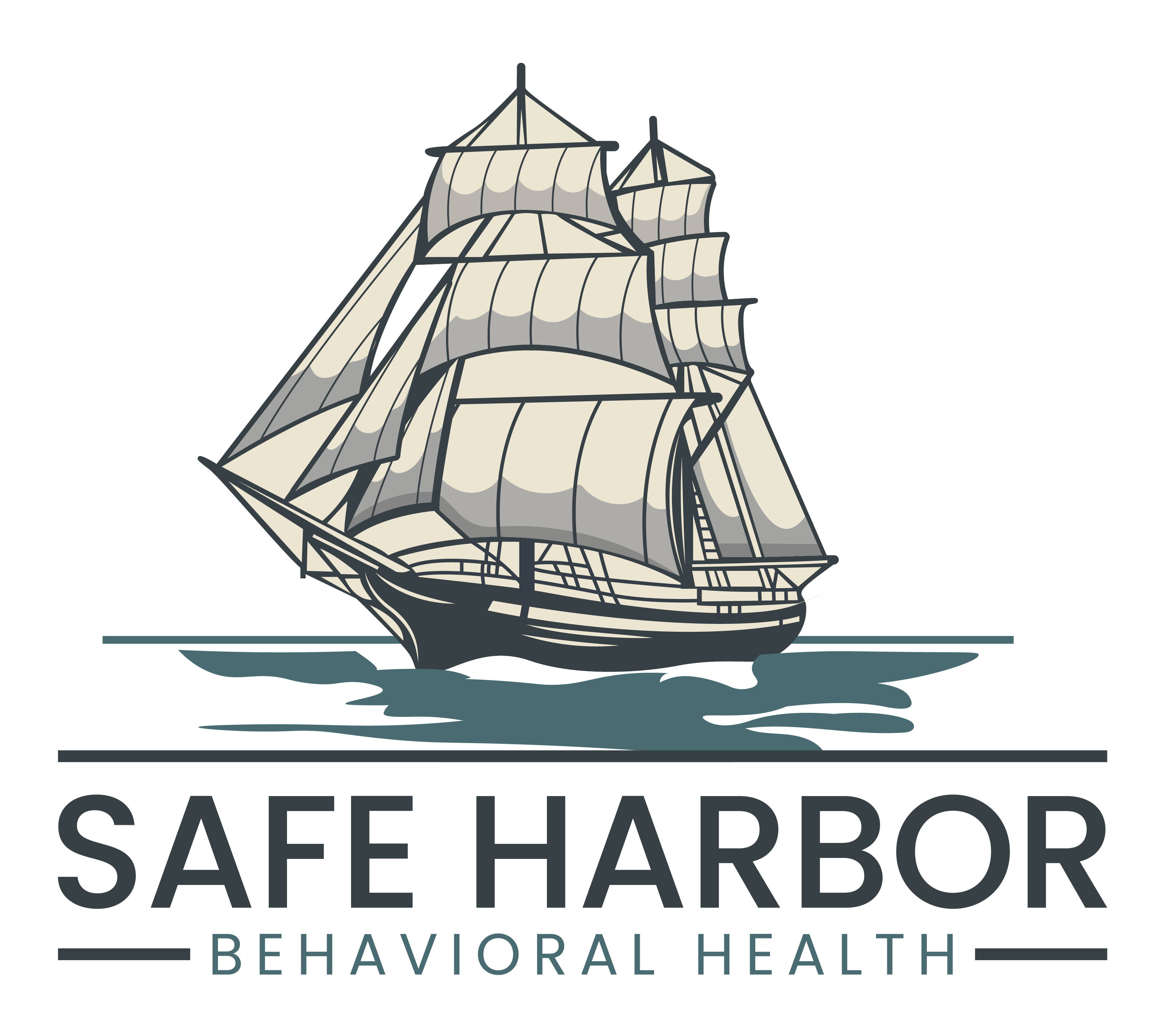In the past ten years, sports betting has transformed from a discreet, underground activity into a mainstream form of entertainment. Events like the Super Bowl, NBA Finals, and horse races now attract bettors from around the globe, especially in areas where gambling is legal and aggressively promoted. However, beneath the appeal of sleek betting apps and the thrill of potential wins lies a serious behavioral health issue: sports betting addiction.
This article explores how sports betting works, what drives its popularity, and the warning signs that may signal a developing sports betting addiction.
How Sports Betting Works

At its essence, sports betting is the act of predicting the outcome of a sporting event and placing money on that prediction. Bettors can choose from various options, such as the final score, point spread, or even specific moments during the game—like which player scores first.
Common types of sports bets include:
- Moneyline Bets – Wagering on which team or player will win.
- Point Spread Bets – Betting on the margin of victory.
- Over/Under Bets – Predicting whether the total score will be above or below a set number.
- Proposition (Prop) Bets – Betting on individual events within a game (e.g., first team to score).
- Parlay Bets – Combining multiple bets for higher rewards but with increased risk.
With the advent of mobile apps and online platforms, placing a bet has never been easier. Real-time odds, instant deposits, and early cash-out options foster constant engagement and quick decision-making.
Why Sports Betting is So Appealing
Several factors contribute to the rapid rise in sports betting’s popularity:
- Instant Accessibility – Betting platforms are available anytime, anywhere.
- Social and Entertainment Value – Wagering is often viewed as an extension of watching sports, especially with friends.
- The Thrill of Uncertainty – The possibility of winning amplifies excitement, much like other gambling experiences.
- Persistent Marketing – Promotions, bonuses, and “free bets” are widely used to draw in users and encourage more frequent betting.
While many individuals view betting as a casual activity, for others it can evolve into a compulsive behavior with serious consequences.
Understanding Sports Betting Addiction
Sports betting addiction, a type of gambling disorder, occurs when a person loses control over their gambling habits despite negative outcomes. Similar to substance addiction, it can hijack the brain’s reward system, leading to a destructive cycle of emotional highs and devastating lows.
Warning Signs of a Sports Betting Problem
Identifying the early indicators of addiction is crucial. Common signs include:
- Preoccupation with Gambling – Constantly thinking about bets, odds, and game outcomes.
- Increasing Bets Over Time – Raising wager amounts to sustain excitement.
- Chasing Losses – Trying to recover lost money by placing bigger, riskier bets.
- Secrecy and Dishonesty – Hiding gambling behavior or lying about time and money spent.
- Financial Trouble – Borrowing, accruing debt, or stealing to fund betting.
- Neglected Responsibilities – Failing to meet personal, work, or academic obligations.
- Emotional Distress – Feelings of anxiety, guilt, depression, or irritability.
- Inability to Quit – Unsuccessful attempts to cut back or stop gambling despite recognizing its harm.
Who is Most at Risk for Sports Betting Addiction?
Certain groups may be more prone to developing a sports betting addiction, including:
- Individuals with a personal or family history of addiction
- Those with underlying mental health conditions (e.g., depression, anxiety)
- Adolescents and young adult males
- People exposed to gambling at a young age
- Users with easy, frequent access to betting platforms
Promotions like “risk-free” bets can create a false sense of security, encouraging more frequent and riskier gambling.
Get Help for Sports Betting Addiction in Gloucester, MA
Sports betting doesn’t have to dictate your life. With compassionate support and proven treatment, recovery is entirely within reach.
At Safe Harbor Behavioral Health, we offer effective treatment for those struggling with sports betting addiction:
- Cognitive-Behavioral Therapy (CBT) – Helps reframe unhealthy thoughts and behaviors.
- Peer Support Groups – Groups like Gamblers Anonymous provide community and accountability.
- Financial Counseling – Offers tools to manage debt and rebuild financial stability.
- Self-Exclusion Programs – Enables users to voluntarily block access to betting platforms.
If you or someone close to you is battling addiction, Safe Harbor Behavioral Health offers compassionate, effective support.
Reach out to us anytime at (888) 617-3070 or info@safeharborbh.com. You’re also welcome to visit us in person, 24/7, at 11-15 Parker St, Gloucester, MA 01930.
Take the first step toward a healthier, more stable future.

